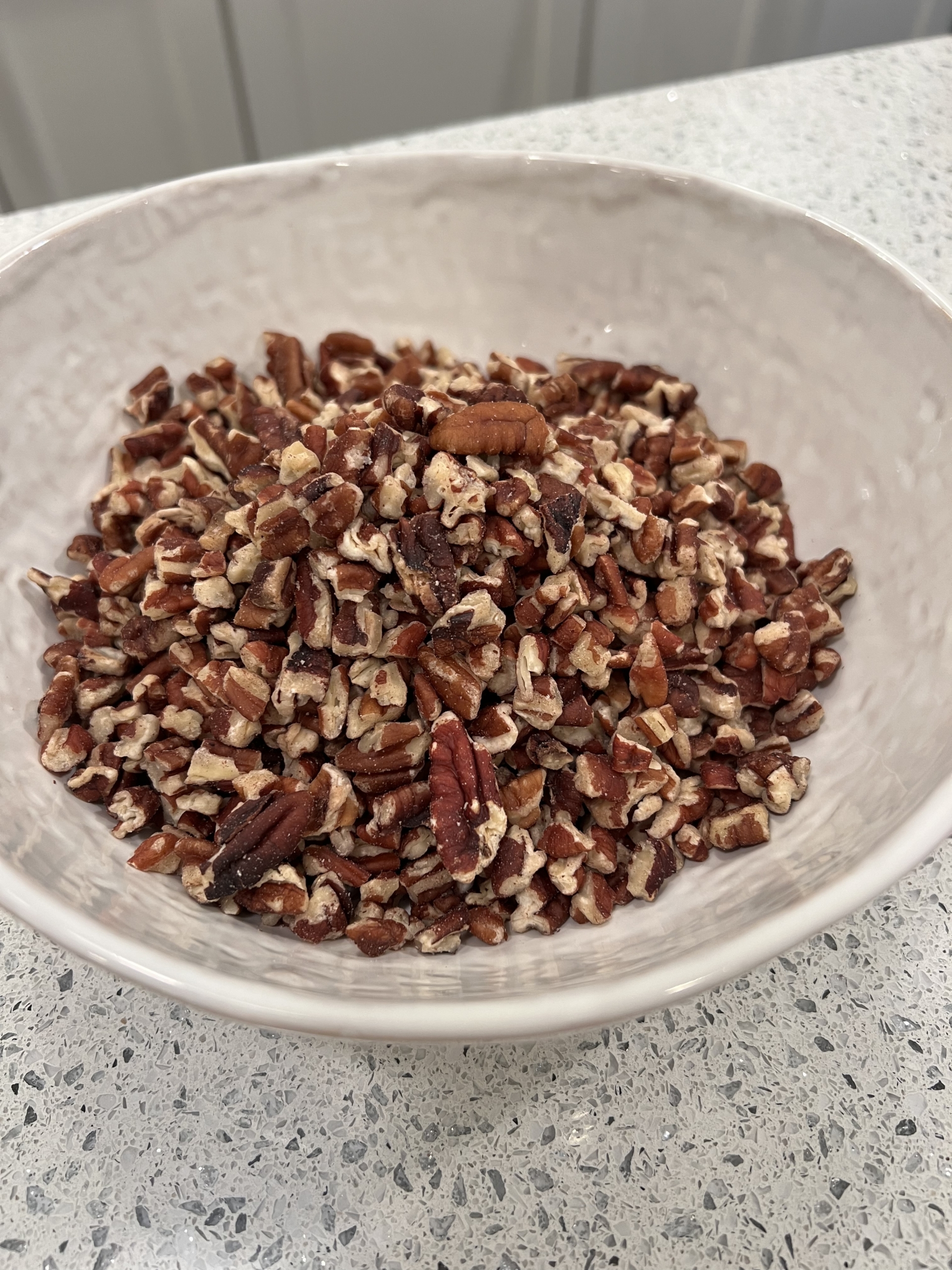With summer approaching quickly, individuals may be considering ways to ditch that extra winter layer that tends to accumulate during the more frigid months. There are many beneficial ways to diet that have key health benefits and can prevent serious health concerns later in life. The search for a diet that will aid in reaching personal health goals is challenging, but , according to the Cleveland Clinic, the Mediterranean diet seems to be one of the most nutritious diets in its purpose that prioritizes whole foods and emphasizes plant-based protein. Outside of those approaches, the diet also incorporates regular consumption of healthy fats and wine in moderation.
What are the benefits?
The Harvard School of Public Health shares that there are a lot of irresistible benefits to following the Mediterranean diet. According to researchers, studies have reflected that by following the Mediterranean diet closely over the course of a lifetime, it can increase the longevity of one’s lifespan. This is because when following this diet, the individual can reduce the risk of dying from a chronic disease. Overall, the Mediterranean diet has a lot of benefits regarding heart health. Due to the specific emphasis on whole grains, healthy fats, and even fruits and vegetables, the risk of heart disease in individuals decreases. Another key benefit of following the Mediterranean diet is that through eating whole foods and less processed items, the body can regulate blood sugar and improve personal insulin sensitivity. Overall, switching over to whole foods versus processed foods, can cause healthy weight loss as well. This regulation of blood sugar is very important because, in the long term, consistent consumption of processed foods can lead to an individual experiencing type 2 diabetes, while following the Mediterranean diet, decreases this risk. Finally, the diet is known for its high number of antioxidants and other anti-inflammatory foods such as nuts, fruits, and vegetables.
How can I start?
At first, the Mediterranean diet may seem intimidating when incorporating these thought processes into a personal diet, but there are key places to focus on to be successful in making the switch. In an article written by Lainey Younkin via Eating Well, she shares tips for beginners on how to approach the Mediterranean diet:
- The first mindset of the individual who is planning on starting the Mediterranean diet is to focus on plant-based foods. In planning meals for the week, place a special emphasis on making sure each meal includes whole grains, vegetables, fruits, and nuts.
- The second thing that is important to focus on in preparation of meals is to put a special emphasis on consuming lean meats. It is vital to limit the intake of red meat and to swap it out for leaner proteins such as eggs, chicken, or even legumes.
- The third switch that can be helpful to one’s health in following this diet would be to replace unhealthy fats with healthier fat. It seems simple, but it is extremely important. Instead of using butter, try using olive oil. There are also other great sources for healthy fats in avocados, nuts, or seeds.
These three tips are a great steppingstone for beginning to incorporate Mediterranean habits into one’s lifestyle. These are seemingly easy switches that can bring many health benefits that far outweigh the cost of eating processed foods. Give these tips a try!










